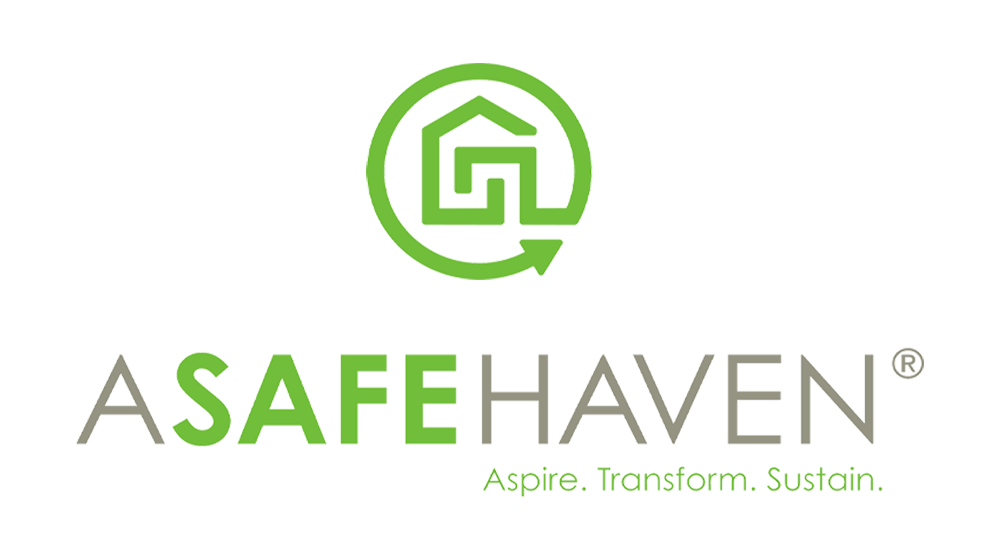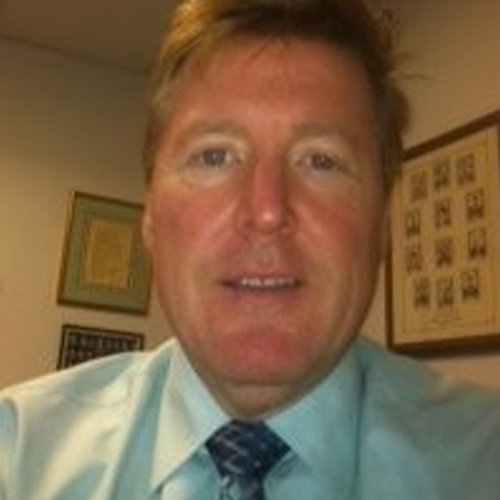Supply Chain and Sustainability in the Not-for-Profit and Service Industry Sectors

A Safe Haven is a not-for-profit founded 26 years ago with the goal of helping substance abuse victims regain control over their lives. It soon expanded its efforts by offering social programs aimed towards self-sustainability to those suffering from homelessness, substance abuse, unemployment/underemployment, and poverty. Mark Mulroe, EVP and COO of A Safe Haven, uses his supply chain and business learnings from Loyola’s EMBA-healthcare to more closely match social services demand to their growing customer base.
Key Takeaways:
- Growing demand requires long-term strategy: Key statistics show an increasing need for A Safe Haven’s social services as poverty and homelessness continues to burden communities nationwide. Mark’s team quantifies their “finished good” by the quality of life a person has upon leaving A Safe Haven, and subsequent readmission rates. Similarly, they built their social programming around this same tenet: ensuring a person is prepared for life and self-sufficient when the leave A Safe Haven. This required cycle time analysis to determine the appropriate length of stay to prepare residents while freeing up space for the next group.
- Sustainable social business enterprises: Mark’s team utilizes relationship management with key partners to provide opportunities to their residents in high-demand industries such as welding, catering, and landscaping. These programs are built to bring in new revenue that goes back into the SBE (Small Business Enterprise) programming so A Safe Haven can continue to expand its footprint and help more people.
- Matching supply and demand: A Safe Haven offers social services to its residents including mental/behavioral health, job skills/readiness training, education, and housing. They work closely with service providers in times of fluctuating demand (i.e. Covid pandemic, natural disasters) to ensure a steady flow of services throughout their resident “cycle time”. They also forecast long-term demand for capital planning efforts such as new facility construction.
- Covid-19 created need for adaptable service strategy: A Safe Haven converted one of their office spaces into a Covid-positive response unit. This required management to procure the appropriate PPE, equipment, nursing staff, janitorial, etc. Their efforts yielded great results and has reported zero deaths in their unit.
- Data analytics vital to funding efforts: Mark works with government agencies that allocate funding to his social programs. Government funding is never guaranteed, and Mark’s ability to translate data into key performance indicators (job placement, re-admission rates, etc.) helps ensure A Safe Haven gets as much funding as possible to support its programming.
Featured Speaker
 |
Mark Mulroe Executive Vice President/COO A Safe Haven, LLC |
